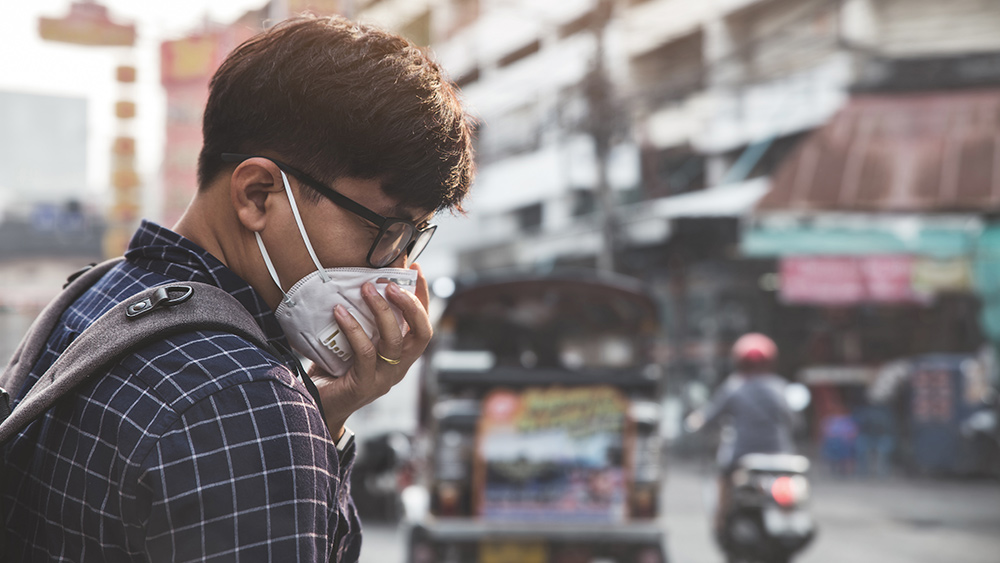
Chinese citizens are seeking to hold officials from the coronavirus’ initial epicenter of Wuhan accountable over their handling of the ongoing pandemic.
The residents, Yao Qing from Wuhan and Zhang Hai, have filed separate lawsuits against the city government. The suit says that the measures implemented to stop the Wuhan coronavirus (COVID-19) had violated citizen’s rights. In addition, these suit asks authorities to publicize details of public servants responsible for concealing information about the virus cases.
Citizens’ sue Wuhan authorities
To stop the spread of COVID-19, the city of Wuhan entered into a full lockdown on January 23 with little prior notice, shutting down all transportation in and out of the city in the process. On Feb. 10, officials then issued further restrictions that effectively sealed residents in their own homes. (Related: Can American cities be subjected to a draconian lockdown like Wuhan?)
According to Yao, these measures violated citizens’ personal liberties and should ever have happened.
Yao – who had become an activist last year after a government railroad construction project caused damage to her home – suffers from a hand injury that she sustained in a scuffle with neighborhood committee officers. Over the months of the lockdown, she had difficulty accessing the necessary medical treatments for her injuries.
She stated that the officers charged with buying and bringing groceries to residents only provided those services twice over two months. In addition, the suit says that they also denied her request for medicine and accused her of “making a great commotion about nothing.”
The Shenzen-based Zhang, on the other hand, is the son of a COVID-19 victim who died in Wuhan. Zhang’s father passed away suddenly after catching the deadly disease when he went into the hospital for orthopedic surgery.
“He just became sicker and sicker, and the hospital finally gave him a nucleic acid test on 29 January, almost a week after he began to show symptoms of COVID-19,” said Zhang. “He tested positive on 30 January and passed away on 1 February.”
Because of what happened to his father, a veteran who had worked on China’s first secret nuclear project, Zhang decided to file the lawsuit, hoping to get justice for him.
To help him out, Zhang sought the help of Yang Zhanqing, a U.S.-based Chinese activist who is helping those affected by the pandemic form a legal team.
“The WeChat group soon gathered more than 40 people who wanted to demand justice for their family members who passed away because of the pandemic,” Zhanqing said.
Authorities harassing those who sue them
Even as they file suits against authorities, the plaintiffs are still subject to harassment from the government. Yang says that many of those who try to participate in his efforts have received threats from authorities.
“However, local police soon began to intimidate all participants by threatening them not to share any relevant information on social media, not to contact any lawyer, and not to talk to me,” he said.
Zhang says that he was interrogated several times by local police and that his social media accounts have been deleted. Once, he was visited and summoned to the local police station after writing a letter appealing to Chinese president Xi Jinping.
More importantly, the Wuhan Intermediate Court rejected the initial lawsuit that he filed because “it didn’t meet the criteria for setting up a case.”
“The court didn’t even bother to send me a formal copy of the rejection notification,” he said.
However, his convictions remain firm, and he says that his lawyer “told me that their behavior has violated existing laws in China.” Zhang then filed his current lawsuit at the Hubei Higher People’s court in mid-August. He has, however, yet to receive any official response.
Follow Pandemic.news for more on how China tried to coverup its coronavirus outbreak.
Sources include:
Please contact us for more information.




















